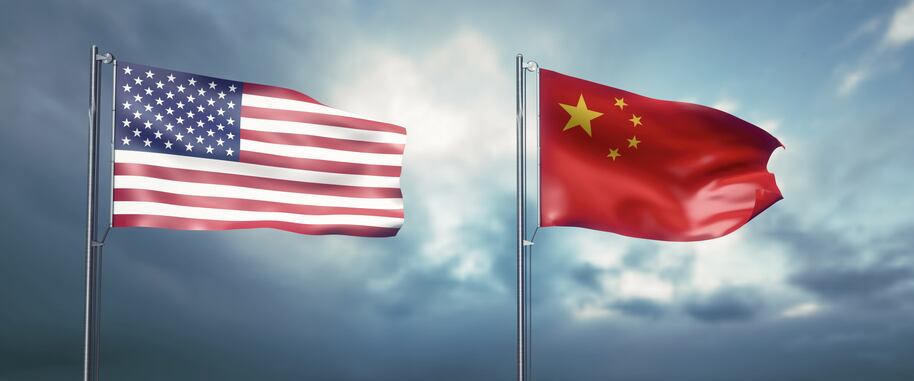The US and China have been locked in a trade battle for the majority of Donald Trump’s presidency. The two have agreed to a verbal deal that will block the implementation of tariffs on about $160bn of consumer goods from China. The tariffs were set to go into effect from the US on December 15.
The office of the US Trade Representative said the US will maintain 25% tariffs on approximately $250bn of Chinese imports, along with 7.5% tariffs on approximately $120bn of Chinese imports. But the deal requires structural reforms and other changes to China’s economic and trade regime.
Areas of intellectual property, technology transfer, agriculture, financial services, and currency and foreign exchange are all included in the deal. China will also commit to “make substantial additional purchases of US goods and services in the coming years.
“Importantly, the agreement establishes a strong dispute resolution system that ensures prompt and effective implementation and enforcement.”
The deal is being reviewed by legal channels, and has not yet been signed by officials in either country.
US Trade Representative Robert Lighthizer, said, “President Trump has focused on concluding a Phase One agreement that achieves meaningful, fully-enforceable structural changes and begins rebalancing the US-China trade relationship.”
Secretary of the Treasury Steven Mnuchin, said, “Thanks to the President’s leadership, this landmark agreement marks critical progress toward a more balanced trade relationship and a more level playing field for American workers and companies.”
The Agriculture Chapter of the deal says it will address structural barriers to trade and support a dramatic expansion of US food, agriculture and seafood product exports, increasing American farm and fishery income, generating more rural economic activity, and promoting job growth.
The Expanding Trade Chapter says China will import various US goods and services over the next two years worth $200 billion. China’s commitments cover a variety of U.S. manufactured goods, food, agricultural and seafood products, energy products, and services.
US dairy support
Michael Dykes, president and CEO of the International Dairy Foods Association (IDFA), said, “Over the next decade, China represents a $23bn market opportunity for US dairy, and it is essential to our dairy producers and companies that we secure a trade deal with China that further levels the playing field for American dairy.”
IDFA said that in addition to purchases of US dairy products, the deal will also reduce non-tariff barriers affecting dairy and infant formula.
“The dairy industry welcomes news of this phase one deal and the potential to begin negotiations on phase two that should further level the playing field for US dairy. IDFA is hopeful that this deal signals the United States has embraced a market- and rules-based system of international trade that is essential for the future of the US dairy industry,” Dykes said.
Laurie Fischer, CEO of the American Dairy Coalition (ADC), said, “Farmers have waited a very long time for a trade settlement with China and are optimistic the $50bn annual increase in purchases by China will provide a much needed boost to their financial well being.
“The US dairy and agriculture industries need increased and stable access to offshore markets. Trade agreements represent an important piece of that puzzle.”

